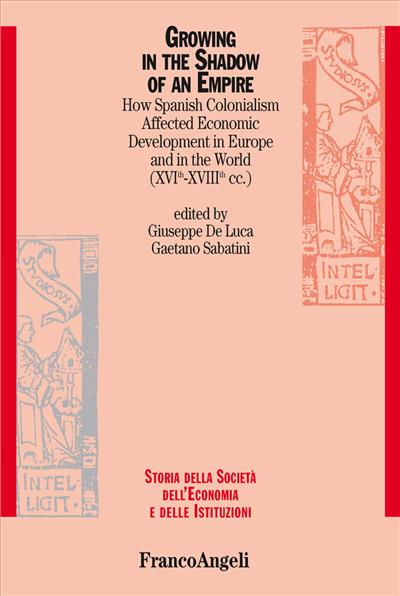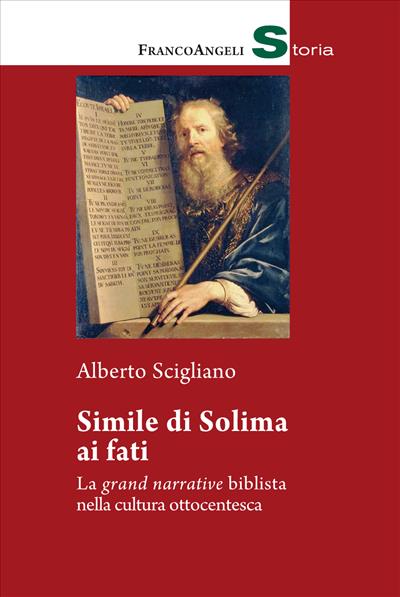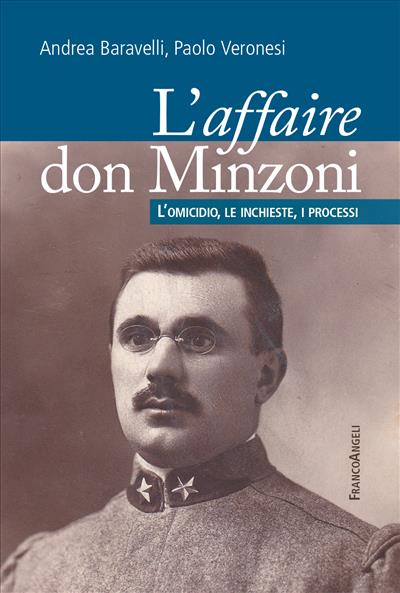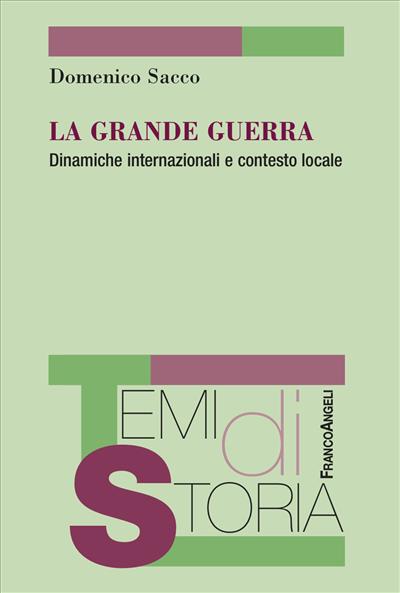
A cura di: Giuseppe De Luca, Gaetano Sabatini
Growing in the Shadow of an Empire.
How Spanish Colonialism Affected Economic Development in Europe and in the World (XVI -XVIII cc.)
This conference collection seeks to answer a very basic question: did the countries under Spanish dominion experience a particular developmental course that may have led them to a common, yet distinct, type of modernization?
Edizione a stampa
49,00
Edizione a stampa
49,00
Pagine: 448
ISBN: 9788856848625
Edizione: 1a edizione 2012
Codice editore: 1572.33
Disponibilità: Discreta
PDF con DRM
37,99
PDF con DRM
37,99
Pagine: 448
ISBN: 9788856862867
Edizione:1a edizione 2012
Codice editore: 1572.33
Possibilità di stampa: No
Possibilità di copia: No
Possibilità di annotazione: Sì
Formato: PDF con DRM per Digital Editions




